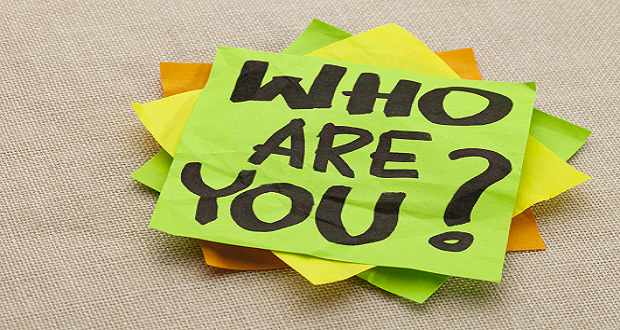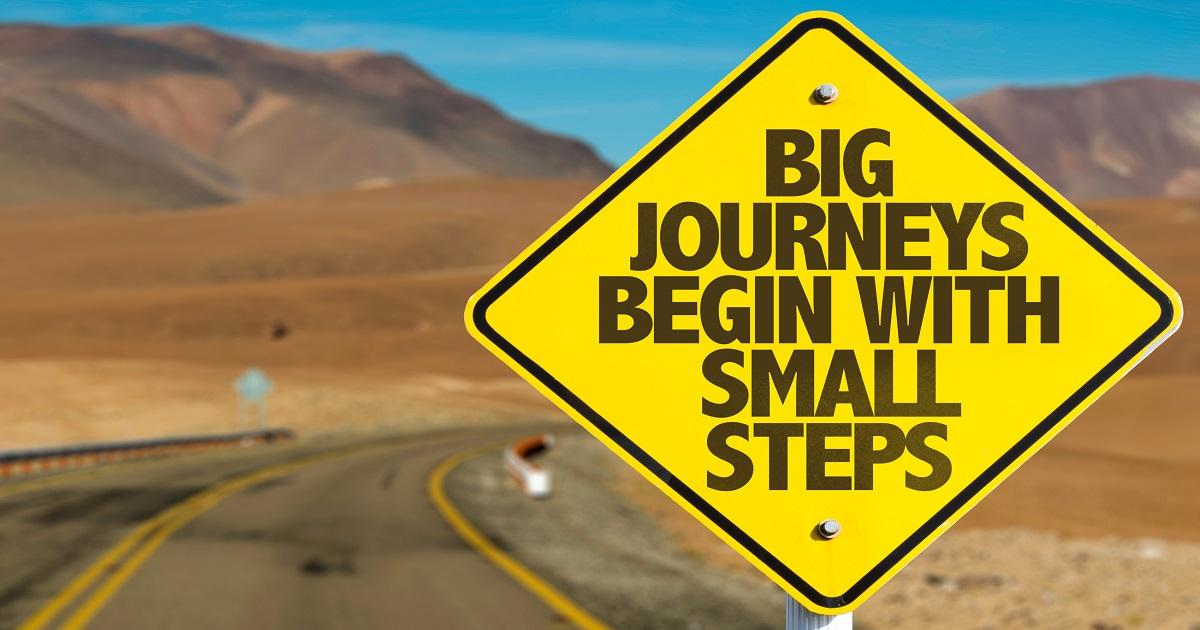
Understanding our stories is an important part of understanding who we are. In telling our stories, we try to find things we have in common with each other, which helps us make connections and build relationships.
I was watching TV last night, and an advertisement came on for ancestrydna.com. For $99, you can send in a sample of your saliva, and in 6-8 weeks, they send you a report. The report helps you look “up to 1,000 years into the past and discover not just who, but where, you came from all to help answer, once and for all, what it is that makes you, you.”
Of course, I found this intriguing, from a variety of perspectives.
First, I thought, “That’s cool! I want to do that!” Why? I just think it would be interesting to know where my lineage came from – the mix of people that makes up me. There are a couple of members of my family who have spent a good amount of time researching family history, and it would be interesting to see if the DNA test corroborated those findings.
My cross-cultural professional hat popped on next. (It always does.) Would a test like this really help me discover what makes me, me? No. A DNA test does not change who I am. I am a combination of my beliefs, values and experiences to date. It might, however, create more questions. Through those questions, I could choose to do more learning and have more experiences that might influence who I am in the future.
There are, of course, great testimonials on the website. Again, the cross-cultural educator in me popped up. Could there be a downside? I started to think about how easy it might be to over-identify with a group we’re not familiar with just because we have DNA from that group. Having blood of a certain ethnicity doesn’t mean we share the cultural patterns of that ethnicity. If we suddenly take on an identity because of the results of a DNA test, it might feel disingenuous to those around us. Similarly, if we find family, it doesn’t guarantee we share anything in common with them other than blood.
While this tool can help can help us make connections, it certainly doesn’t determine who we are from an identity standpoint. It’s natural human tendency to want to understand our history and where we fit in. Taking a DNA test certainly helps us do that. But if we over-extend that information and assume we have things in common with people other than the DNA, then we may fail to see the differences that do matter.
What do you think? Would you be interested? Do you think the information would change your identity?


















I did do the DNA test. In part, as an adoptee (with some acquaintance with biological kin), it was intriguing to perhaps make connections through the test. The genetic results were disappointingly predictable, but nevertheless interesting to know. It does not change me or how I behave or what I think of myself. But it did give me knowledge that I had never before had. I had one potential relative reach out, but our communication dropped off when I was unable to identify how we might have been related.
A friend did the test, too, and did find unexpected genetic heritage. She found it interesting, but it was little more than a curiosity. Wait until there’s a sale if you want to get the test! Then recognize that it doesn’t change anything about you, but it may offer you some interesting personal information.
Hi, Denise! Thank you for your response. It’s always good to hear from a person who actually did it. I really am curious about it – but I’ll wait for the sale as you suggest. 🙂 I do believe information is good… it’s what we do with the information that matters. It sounds like you used it in a way that was helpful, but in a way that recognized the limitations as well.